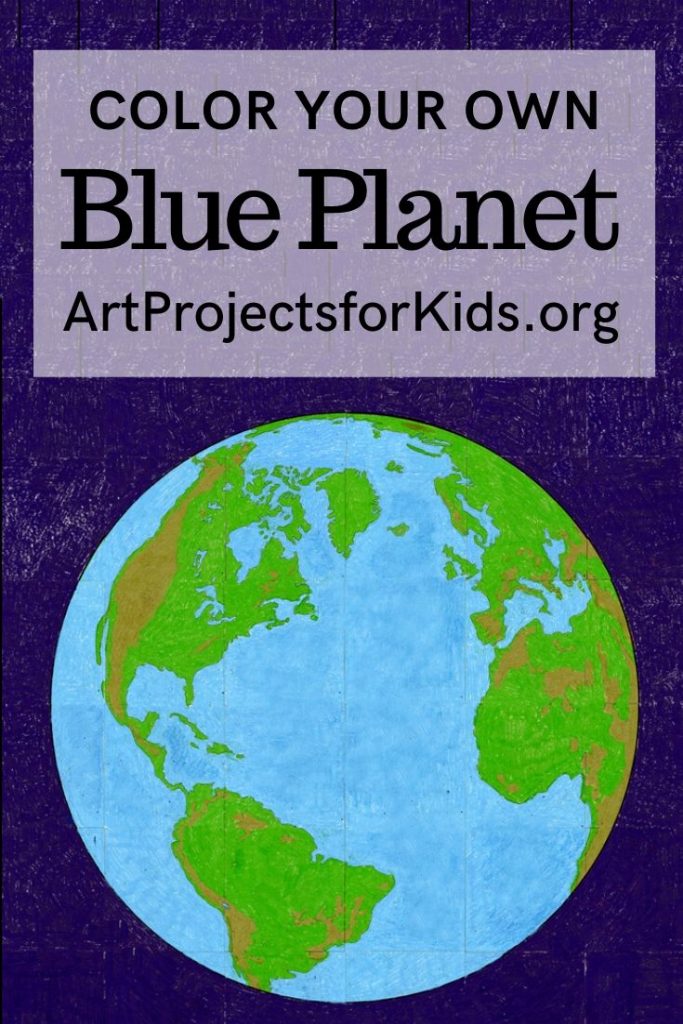

and has successfully completed about 16 projects on biodiversity loss in fishery sector, coastal pollution, aquaculture, alternative livelihood, climate change and carbon sequestration. Mitra is presently the member of several committees like PACON International, IUCN, SIOS, Mangrove Society of India etc. He has to his credit about 274 scientific publications in various National and International journals, and 26 books of postgraduate standards. Mitra is serving as the advisor of Oceanography Division of Techno India University, Kolkata. Since then he joined Calcutta Port Trust and WWF (World Wide Fund for Nature-India), in various capacities to carry out research programmes on environmental science, biodiversity conservation, climate change and carbon sequestration. of Marine Science, University of Calcutta (INDIA) has been active in the sphere of Oceanography since 1985. Abhijit Mitra, Associate Professor and former Head, Dept. The present book has critically presented the data bank for each community of blue carbon not merely in the form of text description, but also through case studies that are the outcomes of research projects and pilot programmes.ĭr. It is a matter of great appreciation that Conservation International (CI), the International Union for Conservation of Natural Resources (IUCN), and the Intergovernmental Oceanic Commission (IOC) of UNESCO is collaborating with governments, research institutions, non-governmental and international organizations, and communities around the world to develop management approaches, financial incentives and policy mechanisms for ensuring conservation and restoration of blue carbon ecosystems and implement projects around the world that demonstrate the feasibility of blue carbon accounting, management, and incentive agreements. The methodologies for assessing blue carbon stock also need further standardization so that credit from blue carbon reservoir is accepted by the International bodies in the form of a concrete policy.

Very few scientific studies on the carbon stored in these valuable natural vaults have been performed, and no data bank is available on their carbon sequestering capacity on global basis. Molluscs, coral reefs, phytoplankton, which are amongst the important storehouses of carbon, have not been addressed. However, a number of gaps in our scientific knowledge on blue carbon domain still exist. This carbon known as the ‘ blue carbon’ is thus associated with the marine and estuarine ecosystems. Coastal producer communities like mangroves, salt marsh grass, sea grass beds, and seaweeds absorb atmospheric carbon dioxide during the process of photosynthesis. Thrust has been given by several scientific communities to assess the magnitude and viability of carbon sequestering potential of plants. Today nature-based approaches for the mitigation of climate change are increasingly accepted as part of the low-cost solution. Irrespective of political philosophy, nation, caste, sex and religion, mankind is under the appalling shadow of climate change. It will also feature Ocean and Coastal Observations Tutorials, Thematic Workshops and a highly Interactive Symposium Forum.Ĭo-organised by the GEO Blue Planet Secretariat (Mercator Ocean International, NOAA and the University of Maryland) and the AIR Centre, this year’s hosts and local organisers are the University of Ghana and University of Energy and Natural Resources in Ghana.The ever increasing emission of carbon dioxide due to rapid industrialization, urbanization, unplanned tourism and alteration of land use pattern is causing unprecedented changes to marine biodiversity. The symposium will feature Plenary Sessions centered around the GEO Blue Planet Core Action Areas of Stakeholder Engagement, Cooperation and Co-design and Capacity Development. This year’s symposium, themed Local Action in Support of Global Traction, is specifically geared towards improving GEO Blue Planet’s engagement with African nations in an effort to expand the EO community of practice, strengthen local capacity and provide access to resources, tools and services.

For the first time, this signature GEO Blue Planet event will take place in Africa, in Accra, Ghana. GEO Blue Planet will hold its 5 th Symposium between 24 and 28 October 2022.


 0 kommentar(er)
0 kommentar(er)
